In 1989, Robert W Levenson, a psychophysiologist at the University of California at Berkeley, began working on a study to track how emotions affect the longterm health of marriages. He suspected that his study would confirm something that seemed rather obvious: negative emotions are a grave threat to marital happiness. However, over time he was surprised to find that, while some people in emotionally difficult relationships suffered greatly, others in similar situations were far less unhappy. In this video, Levenson summarises the findings of this groundbreaking longitudinal study, including how DNA variations can factor into happy (or not-so-happy) marriages, and how there’s a limit to the connections we can make between DNA and human behaviour.
Till genetics do us part – why the success of your marriage is encoded at birth
Video by University of California
Website: Fig. 1

videoMood and emotion
Reason might be our puppet master but only after emotions tug on the strings
3 minutes
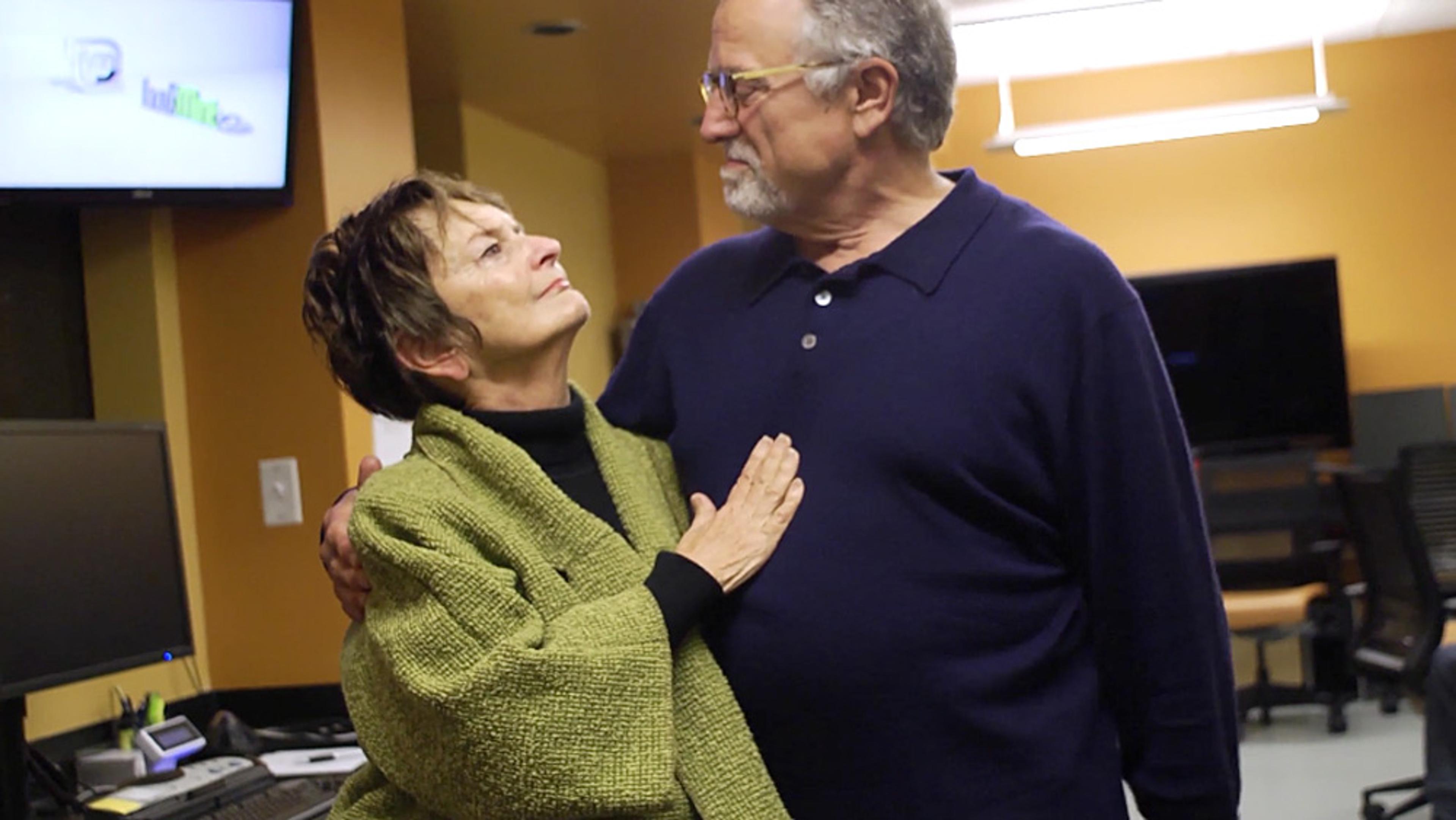
videoMood and emotion
Contestants have five minutes in an fMRI to love someone ‘as hard as they can’
15 minutes

videoHistory of ideas
For proof that love is timeless, consider how long philosophers have debated it
6 minutes

videoGenetics
If trauma can be passed down, could new therapies blunt the transgenerational impact?
9 minutes
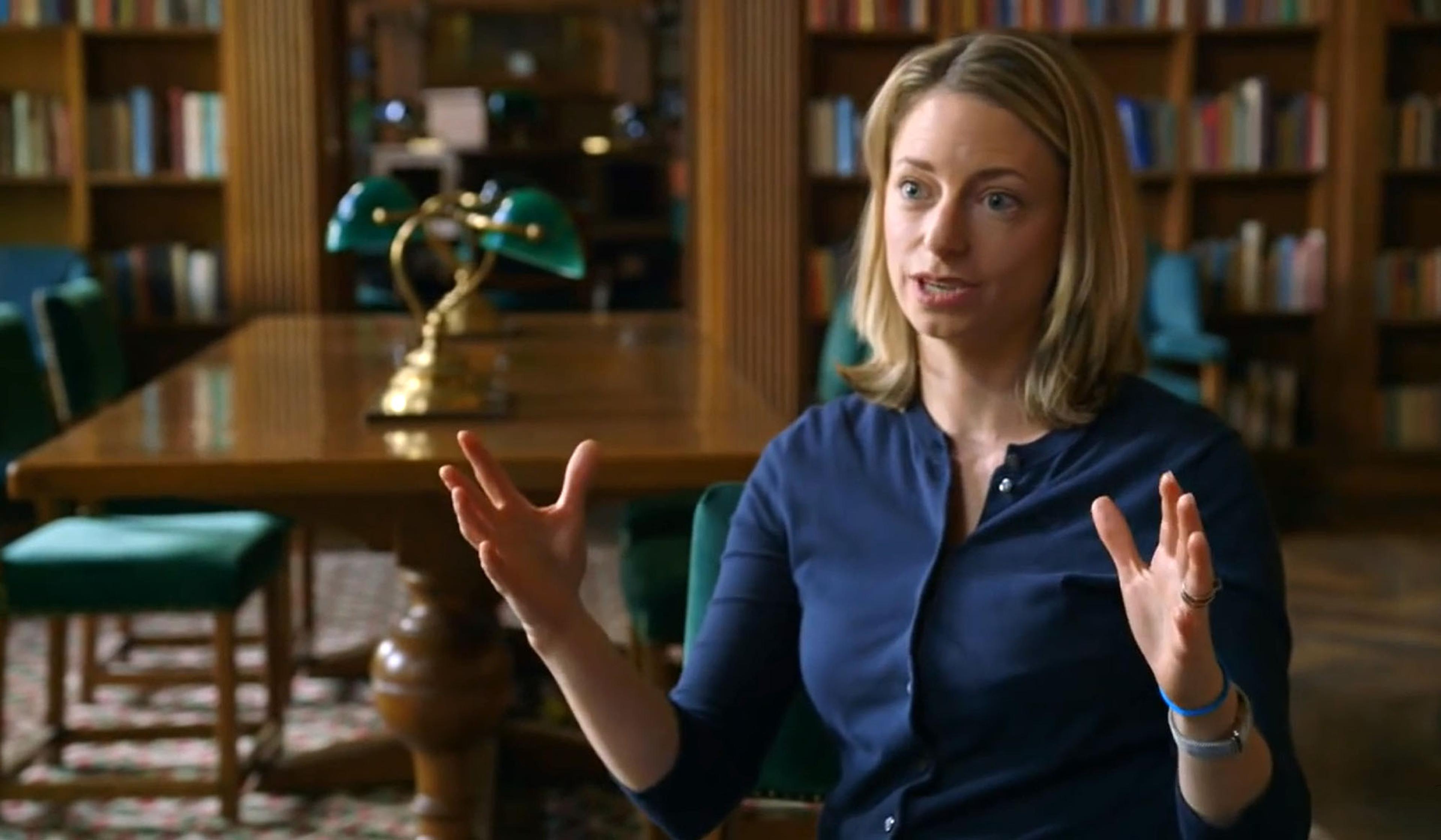
videoNeuroscience
The brain repurposed our sense of physical distance to understand social closeness
5 minutes
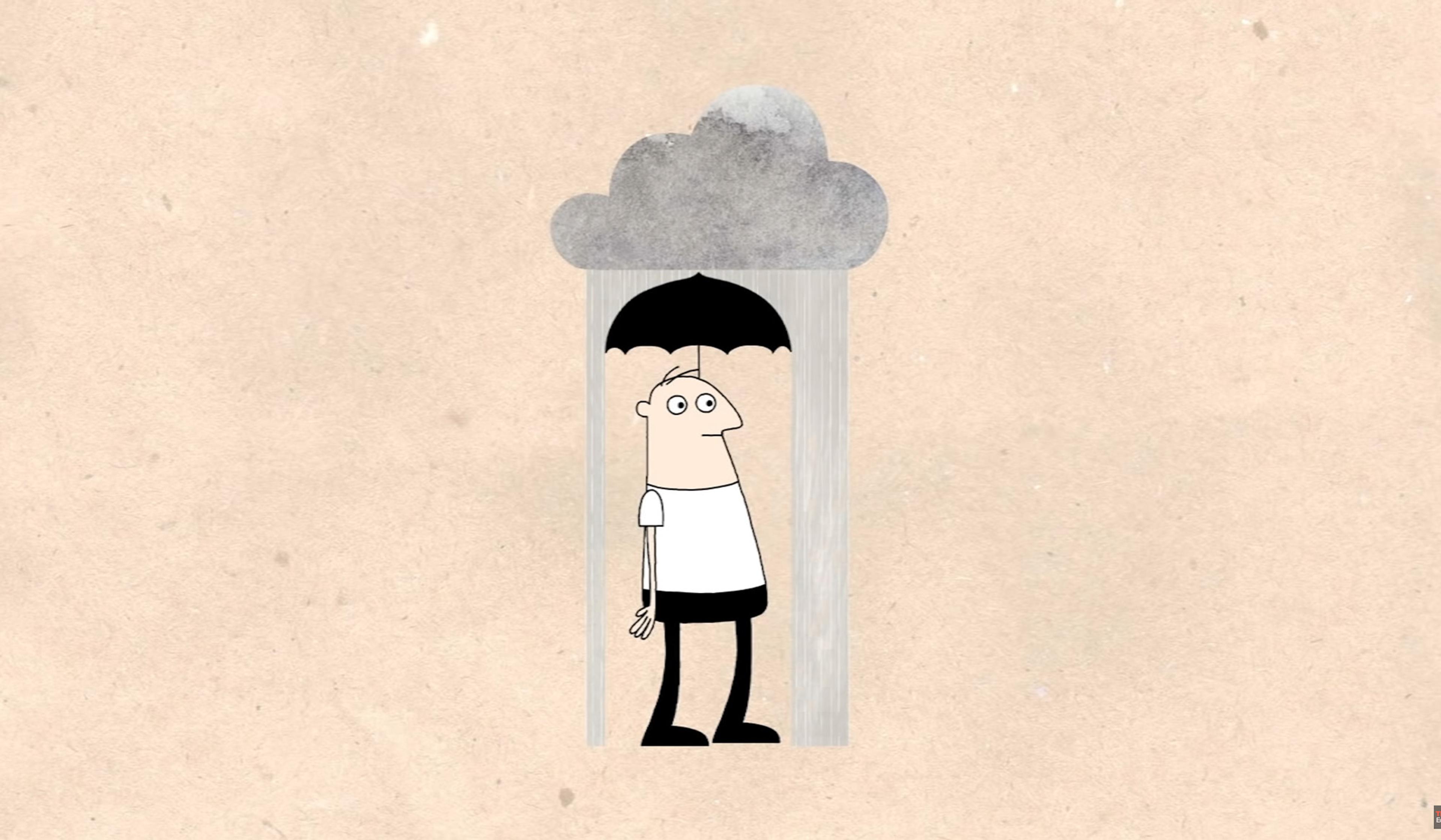
videoHistory of ideas
From imbalanced humours to brain chemistry – on the evolution of melancholy
5 minutes
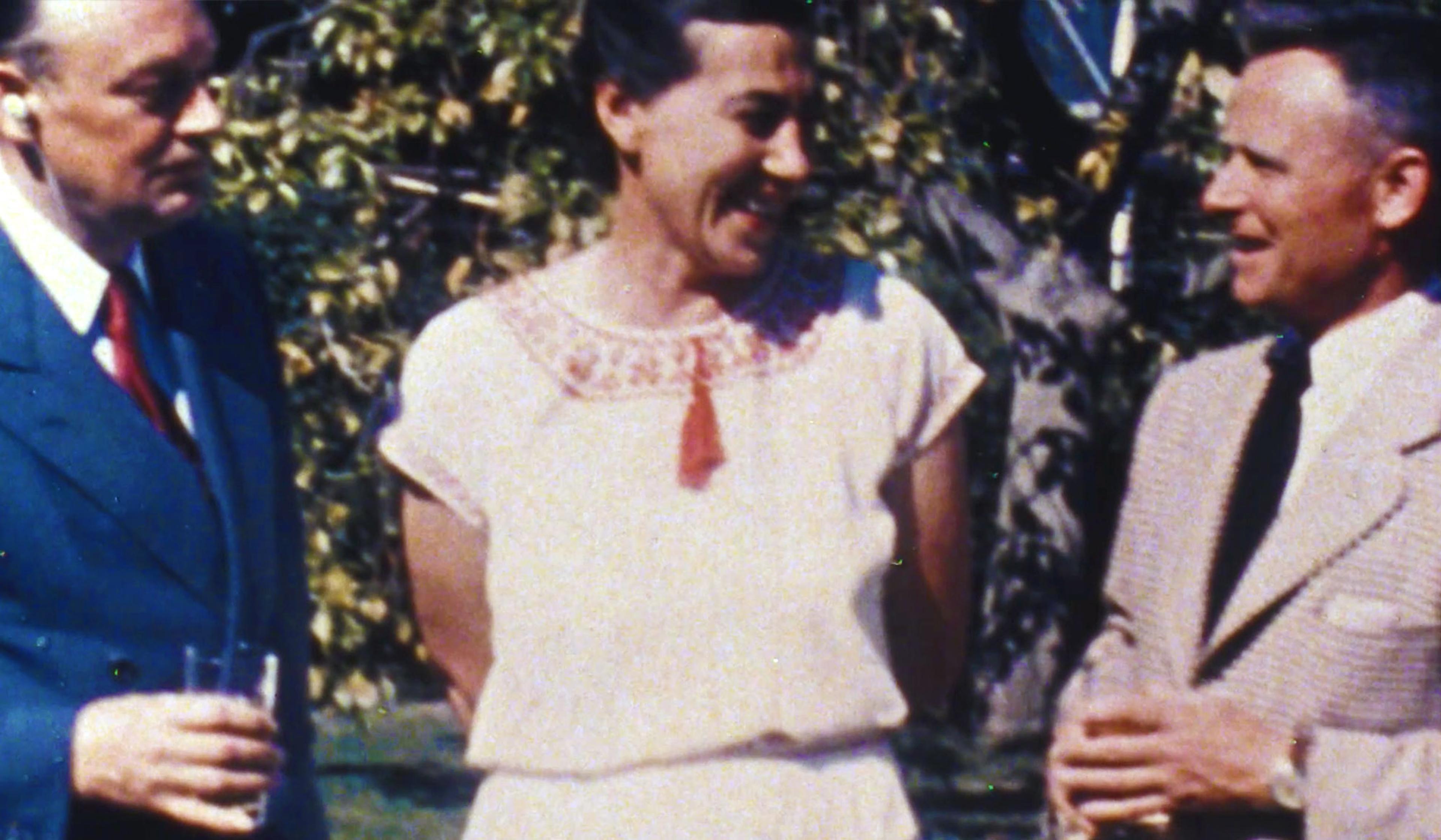
videoMental health
The pioneering psychologist who proved that being gay isn’t a mental illness
7 minutes

videoLanguage and linguistics
Do button-pushing dogs have something new to say about language?
9 minutes
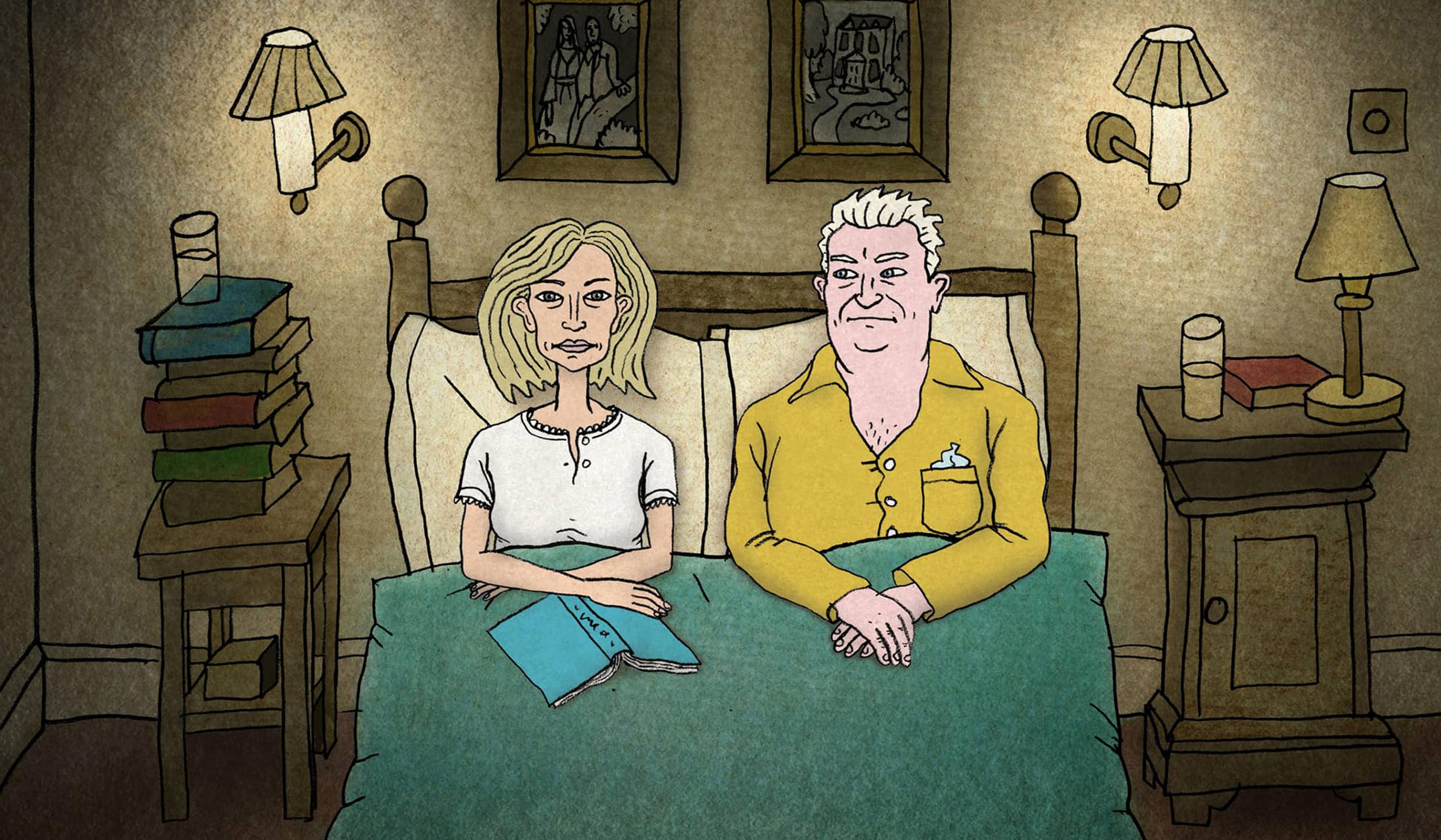
videoLove and friendship
‘What does sex mean to you?’ A fly-on-the-wall view of relationship counselling
50 minutes